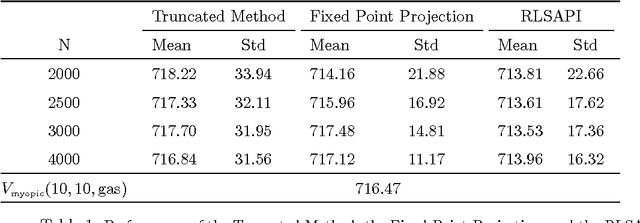Mohammad Mousavi
Compositional Active Learning of Synchronous Systems through Automated Alphabet Refinement
Apr 23, 2025



Abstract:Active automata learning infers automaton models of systems from behavioral observations, a technique successfully applied to a wide range of domains. Compositional approaches for concurrent systems have recently emerged. We take a significant step beyond available results, including those by the authors, and develop a general technique for compositional learning of a synchronizing parallel system with an unknown decomposition. Our approach automatically refines the global alphabet into component alphabets while learning the component models. We develop a theoretical treatment of distributions of alphabets, i.e., sets of possibly overlapping component alphabets. We characterize counter-examples that reveal inconsistencies with global observations, and show how to systematically update the distribution to restore consistency. We present a compositional learning algorithm implementing these ideas, where learning counterexamples precisely correspond to distribution counterexamples under well-defined conditions. We provide an implementation, called CoalA, using the state-of-the-art active learning library LearnLib. Our experiments show that in more than 630 subject systems, CoalA delivers orders of magnitude improvements (up to five orders) in membership queries and in systems with significant concurrency, it also achieves better scalability in the number of equivalence queries.
Shape-constrained Estimation of Value Functions
Dec 26, 2013
Abstract:We present a fully nonparametric method to estimate the value function, via simulation, in the context of expected infinite-horizon discounted rewards for Markov chains. Estimating such value functions plays an important role in approximate dynamic programming and applied probability in general. We incorporate "soft information" into the estimation algorithm, such as knowledge of convexity, monotonicity, or Lipchitz constants. In the presence of such information, a nonparametric estimator for the value function can be computed that is provably consistent as the simulated time horizon tends to infinity. As an application, we implement our method on price tolling agreement contracts in energy markets.
 Add to Chrome
Add to Chrome Add to Firefox
Add to Firefox Add to Edge
Add to Edge